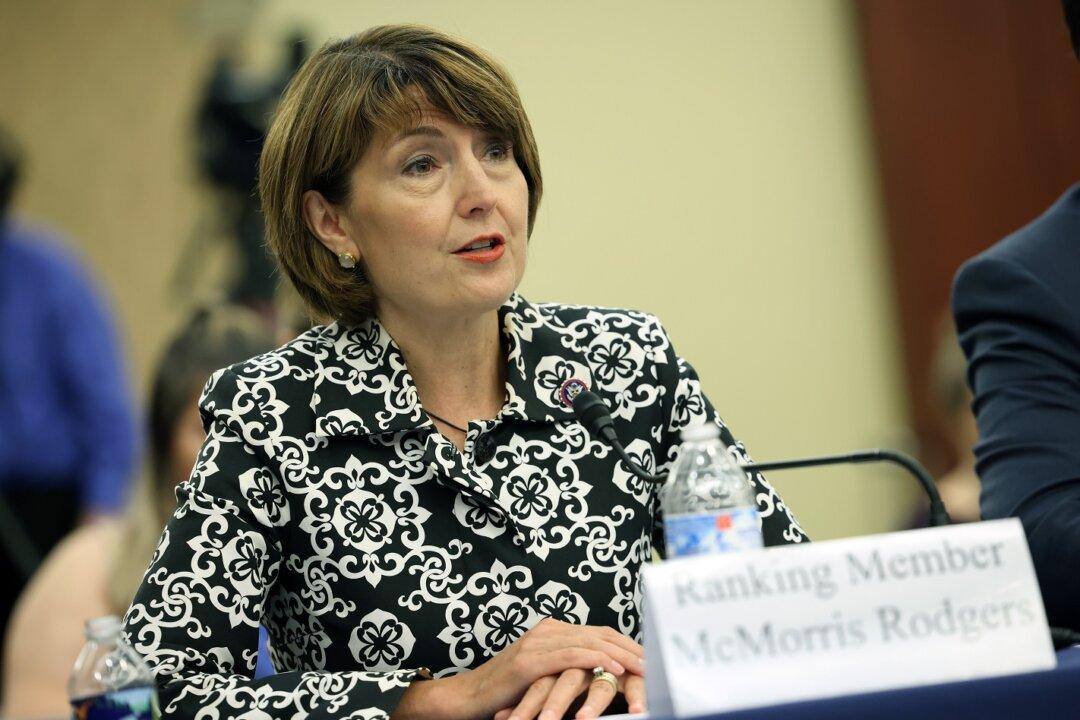First Amendment religious freedom advocates cheered on June 21 when the Supreme Court struck down a Maine law denying faith-based school funding options to parents who see public education as failing their children. Another such big win could come on June 22 in the House of Representatives.
The occasion is the House taking up H.R. 7666, the Restoring Hope for Mental Health and Well-Being Act of 2022, legislation that enjoys bipartisan support, having been introduced by House Energy and Commerce Committee Chairman Rep. Frank Pallone (D-N.J.) and the committee’s ranking Republican member, Rep. Cathy McMorris Rodgers (R-Wash.).





